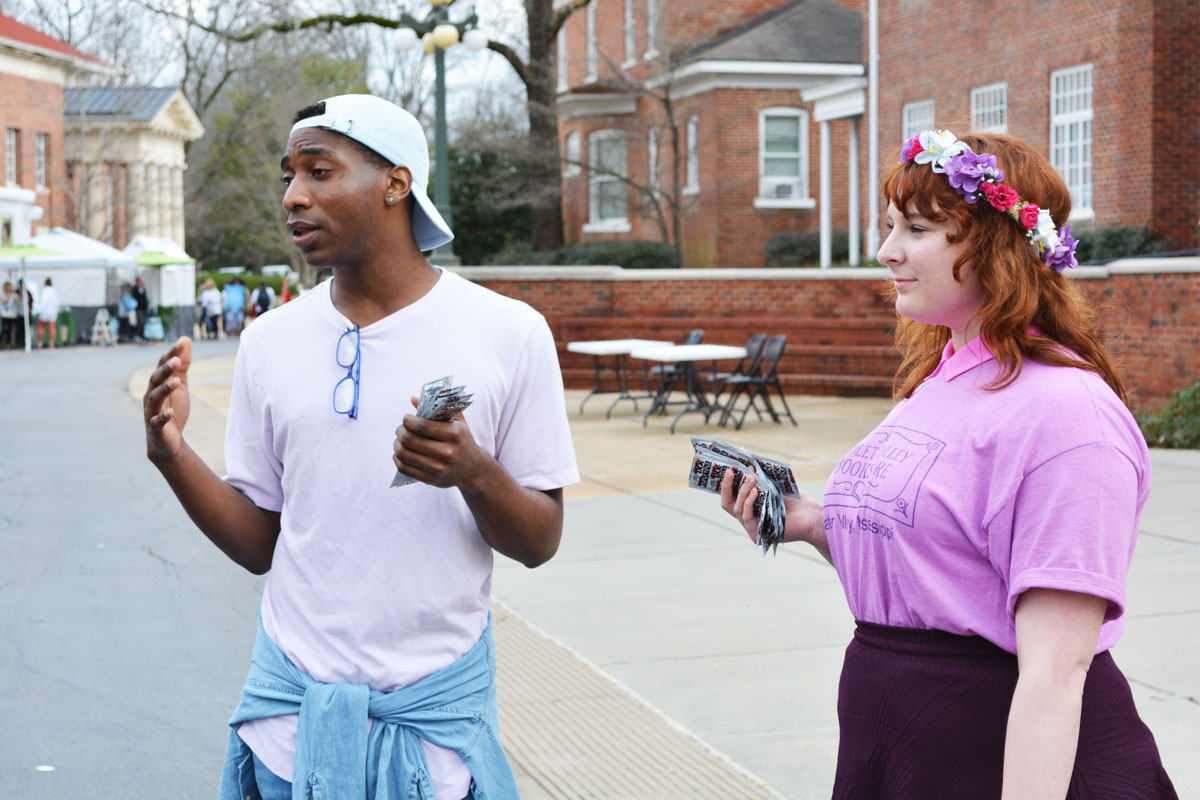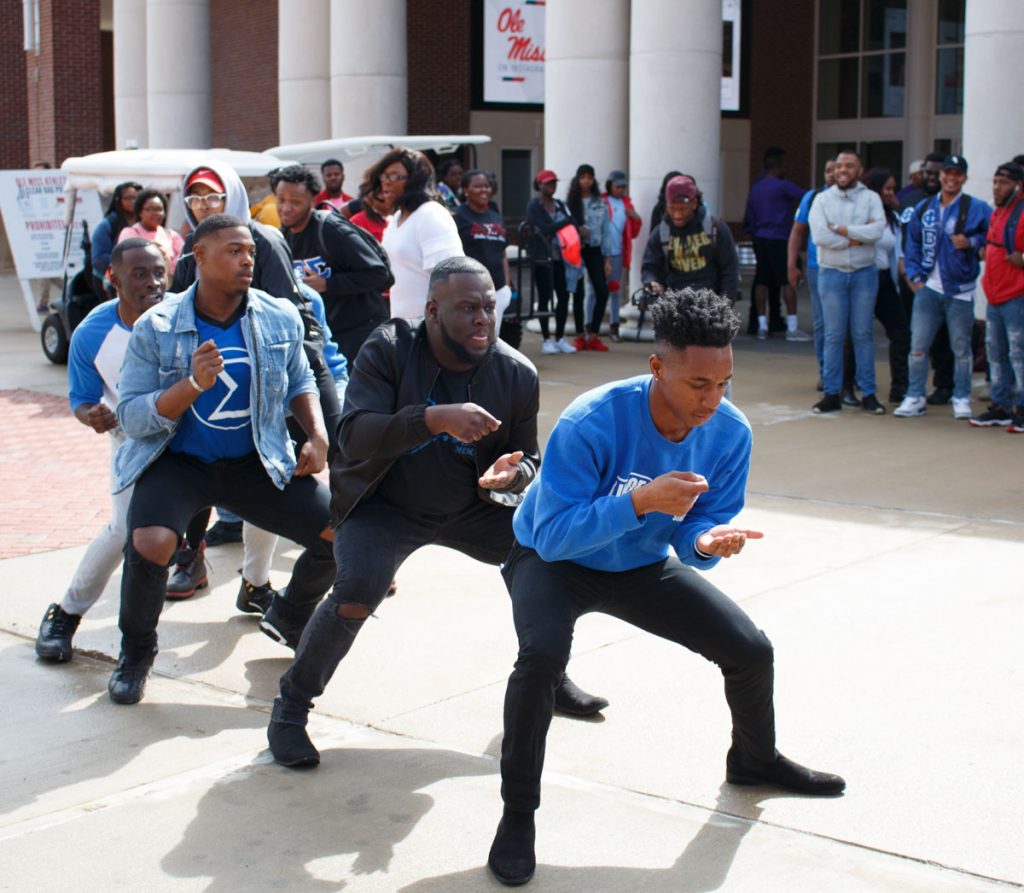UM Pride Network and Queer People of Color (QPOC) teamed up to bring Zero Discrimination Day to the university’s campus for the first time Wednesday and Thursday by hosting events that offered free HIV testing for students.
Zero Discrimination Day, which is celebrated internationally and sponsored by UNAIDS, aims to shatter discrimination against others for any reason and primarily focuses on HIV/AIDS awareness.

UM Pride Network’s vice president, sophomore Brenna Paola, conceived the idea to celebrate Zero Discrimination Day on campus.
“I began by researching LGBTQ+ recognized days of pride and visibility. The Day of Zero Discrimination was one I’d never heard of in my four years of being part of LGBTQ+-inclusive organizations,” Paola said. “So UM Pride’s faculty adviser, Dr. Jaime Cantrell, recommended we take action.”
Taking action against HIV is still a fairly new movement. The last 30 years have seen a push in advocacy for the treatment of AIDS and ending the epidemic.
June 1981 marked the official start of the AIDS crisis in the United States, when the Centers for Disease Control and Prevention published five cases of peculiar, aggressive infections in young, gay men in the Morbidity and Mortality Weekly Report. Soon after, doctors from around the nation began reporting similar cases to the CDC. Suddenly, these five strange cases weren’t so isolated. According to HIV.gov, “by year-end, there is a cumulative total of 270 reported cases of severe immune deficiency among gay men, and 121 of those individuals have died.”
With medical advancements including research, testing and treatments, HIV-positive individuals no longer have to resign themselves to succumbing to the disease.
UM Pride Network President Regan Willis said the event’s mission is to educate students and make testing available on campus.
“The Day of Zero Discrimination is something that’s definitely important to our organization because of the prevalence of HIV/AIDS in the community,” Willis said. “It’s definitely something that’s preventable today. It doesn’t need to be so common, and we want to do something to change that.”
To achieve this change on campus, UM Pride Network organized an event Wednesday that offered free HIV testing, which is as easy as a simple finger prick administered by V.B. Harrison Health Center nurse Tami Armstrong.
“To me, medical rights are human rights,” Paola said. “The good part about this testing drive is that no appointment is necessary. So the decision to be tested can be made quickly, and it reduces the anxiety of someone who would otherwise have to wait a few days until their appointment.”
After testing at the table, students could also pursue other avenues to take charge of their health with informational brochures from the Tupelo Health Department about how to receive assistance if they did test HIV-positive.
“My hope is that students can be more comfortable with discussing HIV and its testing,” Paola said. “It’s also important to understand how to reduce risks of contracting HIV and understanding the difference between myths and truths surrounding HIV and AIDS.”
Changing the prevalence of HIV/AIDS also includes fighting the stigma that has long been attached to the disease.
When the disease was first discovered, it was widely considered a “gay” disease. Even though less of society today holds this belief, the stigma that surrounds HIV/AIDS often still oppresses and silences those affected and those who believe they could be.
Malik Pridgeon, executive director of Queer People Of Color, said that dismantling this stigma is vital to inciting further progress.
“As a queer man of color, I would like HIV awareness to change in the way that it is not strictly a ‘gay man’s disease’ or an infection that’s contracted solely through sexual activity,” Pridgeon said.
Paola said knowing one’s status is the first step in knowing the options.
“I think the important thing to understand is that the virus can affect anyone who’s under-informed, anyone without resources, anyone with any sexuality or any amount of sexual activity,” Paola said. “That’s why it was important to be an event anyone on campus can access – not just members at a UM Pride Network meeting.”
Members of the UM Pride Network and Queer People Of Color said they hope Zero Discrimination Day fostered an inclusive, non-judgmental environment for the Ole Miss campus.
“My ultimate hope is that we started a conversation that continues beyond the tabling event,” Pridgeon said.













